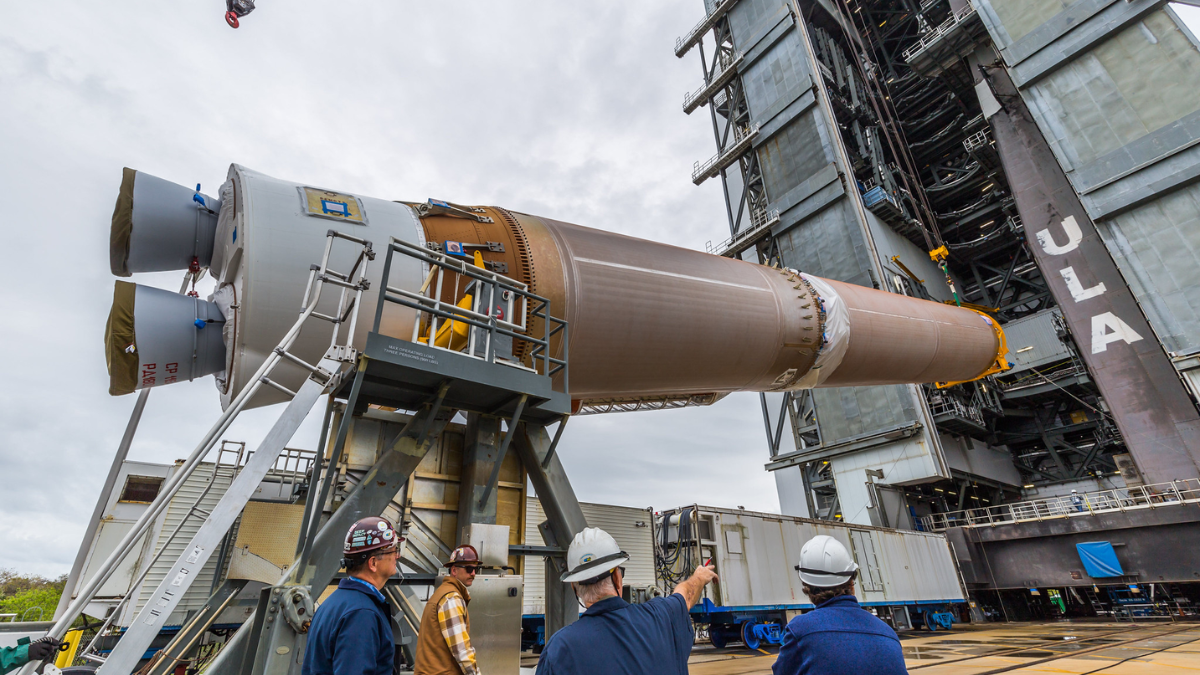Starlink has new competition ahead as the United Launch Alliance (ULA) is preparing to launch Amazon‘s Kuiper satellites on April 10 to provide internet services. The mission is named Kuiper Atlas 1 or KA-01 and it will launch atop the Atlas V rocket which is scheduled for lift off from Cape Canaveral Space Force Station in Florida between a two hour launch window that opens at 4:30 am IST.
United Launch Alliance is readying the formidable #AtlasV 551 rocket to deliver the first production satellites into space for #Amazon‘s #ProjectKuiper.
Learn more about #Kuiper1 preparations in our preview blog: https://t.co/PGsfKDZlSZ pic.twitter.com/CxXh8obhIN
— ULA (@ulalaunch) April 2, 2025
According to ULA’s statement, Project Kuiper’s mission is to provide fast, reliable internet to customers around the world, including those in unserved and underserved communities, using a constellation of more than 3,200 LEO satellites.
Amazon enters satellite-internet market
With Kuiper, Jeff Bezos-owned Amazon will enter the satellite broadband market which is currently dominated by Starlink, managed by Elon Musk’s SpaceX. The UK’s OneWeb is another player in the market with 654 satellites in orbit. Starlink, on the other hand, has over 7,000 satellites in its constellation that is providing internet services in 70 countries.
Musk reportedly wants to launch as many as 42,000 satellites for Starlink. SpaceX has a license to launch 12,000 first-generation satellites and 7,500 for second-generation satellites.
Amazon’s first launch will include 27 satellites that will be deployed 450 kilometers above Earth. According to CNBC, the company has earmarked $10 billion for the project but analysts estimate that the cost could reach $20 billion. “We’ve designed some of the most advanced communications satellites ever built, and every launch is an opportunity to add more capacity and coverage to our network,” Rajeev Badyal, vice president of Project Kuiper said in a statement.
ALSO SEE: Elon Musk’s Starlink Could Erode Earth’s Magnetosphere, Warns Ex-NASA Scientist
Notably, the mission is being launched after the successful test flight in 2023 which involved testing of two Kuiper prototypes. Based on the test, Amazon says, it has improved performance of the satellites by upgrading phased array antennas, processors, solar arrays, propulsion systems and optical inter-satellite links.
“We’ve done extensive testing on the ground to prepare for this first mission, but there are some things you can only learn in flight, and this will be the first time we’ve flown our final satellite design and the first time we’ve deployed so many satellites at once,” Badyal said. “No matter how the mission unfolds, this is just the start of our journey, and we have all the pieces in place to learn and adapt as we prepare to launch again and again over the coming year.”
The mission has received a go for preparedness and the weather seems to be 65% favourable, according to early forecast.
ALSO SEE: Elon Musk’s SpaceX Plans To Establish ‘Marslink’ Network To Provide Internet On Mars
(Image: ULA)


